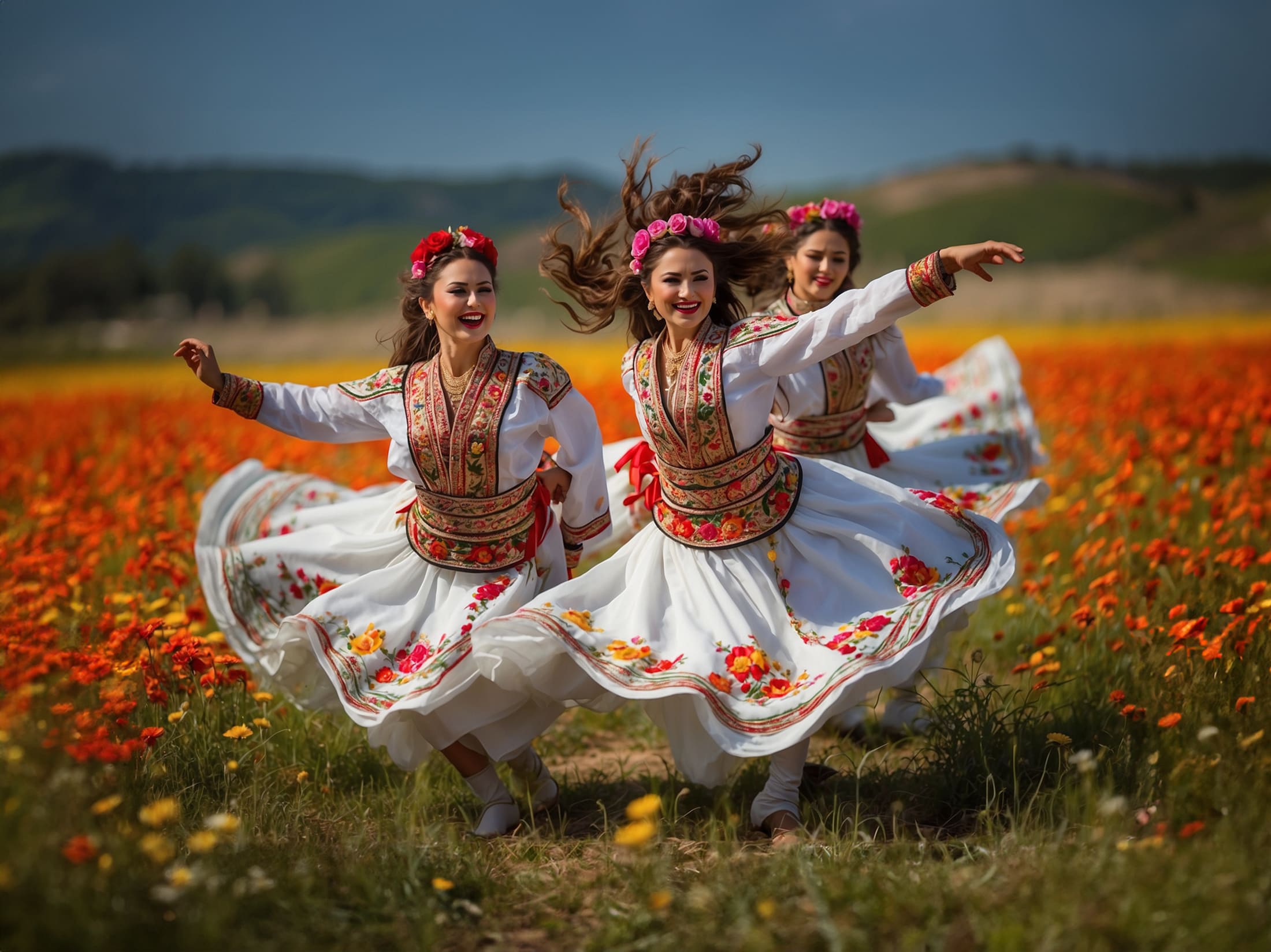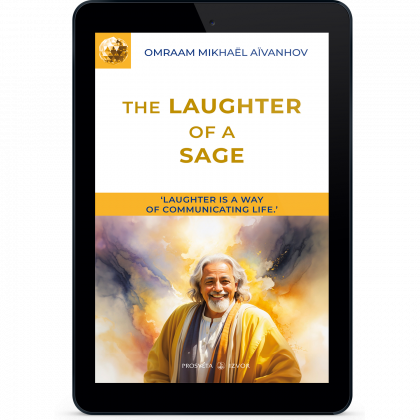The origin and meaning of celebrations
A liberation that creates a fraternal mood
'I do not deny the fact that daily life imposes all kinds of stress: in families, at work and in society – look at all the obligations, worries, disappointment and sadness! And how much energy each person has to muster in order to face up to and tolerate each situation! And every now and then, these energies need to be released.
Initiates understood this well, which is why, no matter how far back you go, they had instituted celebrations at certain times of the year corresponding to particular astronomical configurations. Even Christian celebrations, for the most part, are only relics of ancient pagan festivals in a different form and with a different meaning. As the celebrations approach, festivities are organized: people collect food together, and they prepare decorations, fancy costumes or even disguises.
Do you think the reason initiates established these celebrations was for humans to have fun? No, their aim was first and foremost to make time for a break, to interrupt the rhythm of work, which at that time was never-ending and exhausting, because there was no such thing as holidays or leave.
The initiates wanted to bring to the awareness of all these men and women, at least for a moment, a sense of freedom from the weight of all the tasks that wore them out and destroyed their health; they wanted to create valves to release their unexpressed psychic energies. And so, these celebrations, with their songs, dances, games, laughter and the opportunity to meet others, enable to release these energies, also creating a fraternal mood that allows everyone to feel encouraged and supported.
But the initiates had something else in mind with these celebrations: they wanted to encourage humans to seek out energies in subtler regions that would regenerate and vivify heart and soul. In this atmosphere of joyous and beneficial exchanges, beings of light come to draw on the energies, using them to continue their work throughout the world. Would you like to help them in their work? You yourself can consciously entrust them with your joy and all the spiritual wealth you gain from a celebration, enabling others to benefit too. This joy and wealth will come back to you multiplied.
And so this is how the initiates, in all their wisdom, view celebrations. Because, wisdom is not only serious, it is also joyous. The day you understand this, you will feel that the energy you receive from being joyful feeds your supplies of seriousness. And then, how many new possibilities you will be given for delighting in the wealth and meaning of life!'
'I do not deny the fact that daily life imposes all kinds of stress: in families, at work and in society – look at all the obligations, worries, disappointment and sadness! And how much energy each person has to muster in order to face up to and tolerate each situation! And every now and then, these energies need to be released.
Initiates understood this well, which is why, no matter how far back you go, they had instituted celebrations at certain times of the year corresponding to particular astronomical configurations. Even Christian celebrations, for the most part, are only relics of ancient pagan festivals in a different form and with a different meaning.
As the celebrations approach, festivities are organized: people collect food together, and they prepare decorations, fancy costumes or even disguises.
Do you think the reason initiates established these celebrations was for humans to have fun? No, their aim was first and foremost to make time for a break, to interrupt the rhythm of work, which at that time was never-ending and exhausting, because there was no such thing as holidays or leave. The initiates wanted to bring to the awareness of all these men and women, at least for a moment, a sense of freedom from the weight of all the tasks that wore them out and destroyed their health; they wanted to create valves to release their unexpressed psychic energies. And so, these celebrations, with their songs, dances, games, laughter and the opportunity to meet others, enable to release these energies, also creating a fraternal mood that allows everyone to feel encouraged and supported.
But the initiates had something else in mind with these celebrations: they wanted to encourage humans to seek out energies in subtler regions that would regenerate and vivify heart and soul. In this atmosphere of joyous and beneficial exchanges, beings of light come to draw on the energies, using them to continue their work throughout the world. Would you like to help them in their work? You yourself can consciously entrust them with your joy and all the spiritual wealth you gain from a celebration, enabling others to benefit too. This joy and wealth will come back to you multiplied.
And so this is how the initiates, in all their wisdom, view celebrations. Because, wisdom is not only serious, it is also joyous. The day you understand this, you will feel that the energy you receive from being joyful feeds your supplies of seriousness. And then, how many new possibilities you will be given for delighting in the wealth and meaning of life!'
Text taken from the book "The Laughter of a Sage", chap. 6 "Seriousness, tears, laughter, celebration".




